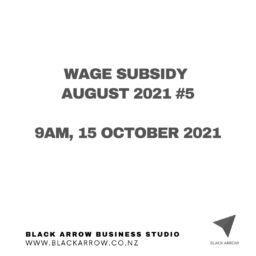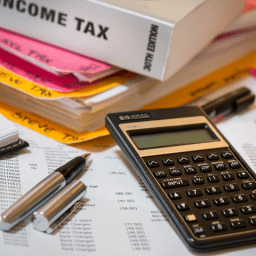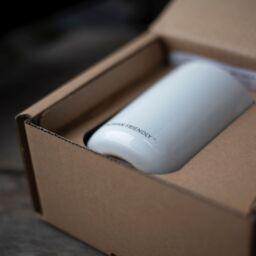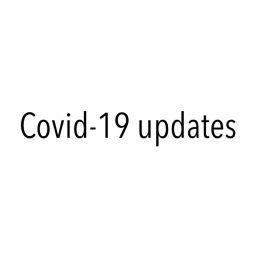As an employer, you have the option to offer your employees additional payments known as “Employee allowances” in addition to their regular salary. These allowances are provided to cover expenses related to accommodation, meals, clothing, and other related costs, and are subject to taxation through PAYE.
The ‘Other Payments’ section of the Inland Revenue Employer’s Guide provides detailed information on employee allowances, including case studies and calculations.
Download the Employers Guide — Inland Revenue
In most cases, providing accommodation or an accommodation allowance to an employee is subject to taxation through PAYE. However, it’s worth noting that not all accommodation allowances are taxable.
- Attending a work-related meeting, conference or training course that requires an overnight stay
- Working in a location that is difficult to commute to on a daily basis, such as during a secondment
Additionally, certain tax exemptions for accommodation allowances apply to Canterbury earthquake reconstruction projects.
- payments made to cover meals for employees working off-site
- payments for clothing required for work purposes, such as uniforms or protective gear.
Fringe benefits tax (FBT) does not apply to employee allowances.
When employers provide perks or benefits to their staff, such as a gym membership or a work vehicle available for personal use, they are responsible for paying the Fringe Benefits Tax (FBT), not the employees.
- Working outside of their normal hours, such as overtime, shift work, or weekend work
- Transporting work-related tools or equipment that cannot be easily carried on public transportation
- Travelling to perform a necessary task for the business
- Temporarily working at a different location
- No adequate public transportation system is available to serve their workplace.
- Food allowances, such as payments to offset the cost of meals provided at a workplace cafe or canteen
- Clothing allowances, such as payments to purchase professional attire (not including uniforms)
- Free or reduced-cost accommodations, such as a farm worker paying below-market rent for a farm cottage.
These allowances are subject to taxation, as they are paid as part of the employee’s wages, and are therefore subject to PAYE deductions.
Paying tax on non-exempt benefit allowances — Inland Revenue
Reimbursement allowances are payments made to employees to cover any unforeseen expenses they incur while on the job, such as meals or travel costs incurred while working away from their usual place of work.
If an employee uses their own funds to cover a work-related expense, you are responsible for reimbursing them for the cost. They can either provide receipts for the expenses or you can make a reasonable estimate of the amount to be reimbursed.
Reimbursements are typically paid to employees as part of their regular pay and are added to their net salary after PAYE deductions have been made. Reimbursement allowances are generally tax-free unless the amount paid exceeds the employment-related expense. In such cases, the difference between the employment-related cost and the amount paid is subject to PAYE.
Reimbursing allowances — Inland Revenue
Maintaining accurate records of employee allowance payments, whether taxable or tax-free, is crucial. You must keep all necessary documentation to verify that your payments meet the required tax-exemption criteria.
The same record-keeping rules that apply to other business transactions also apply to employee allowances. You are required to retain these records for a period of seven years and maintain them in the English language unless the Inland Revenue grants approval for the use of another language.















